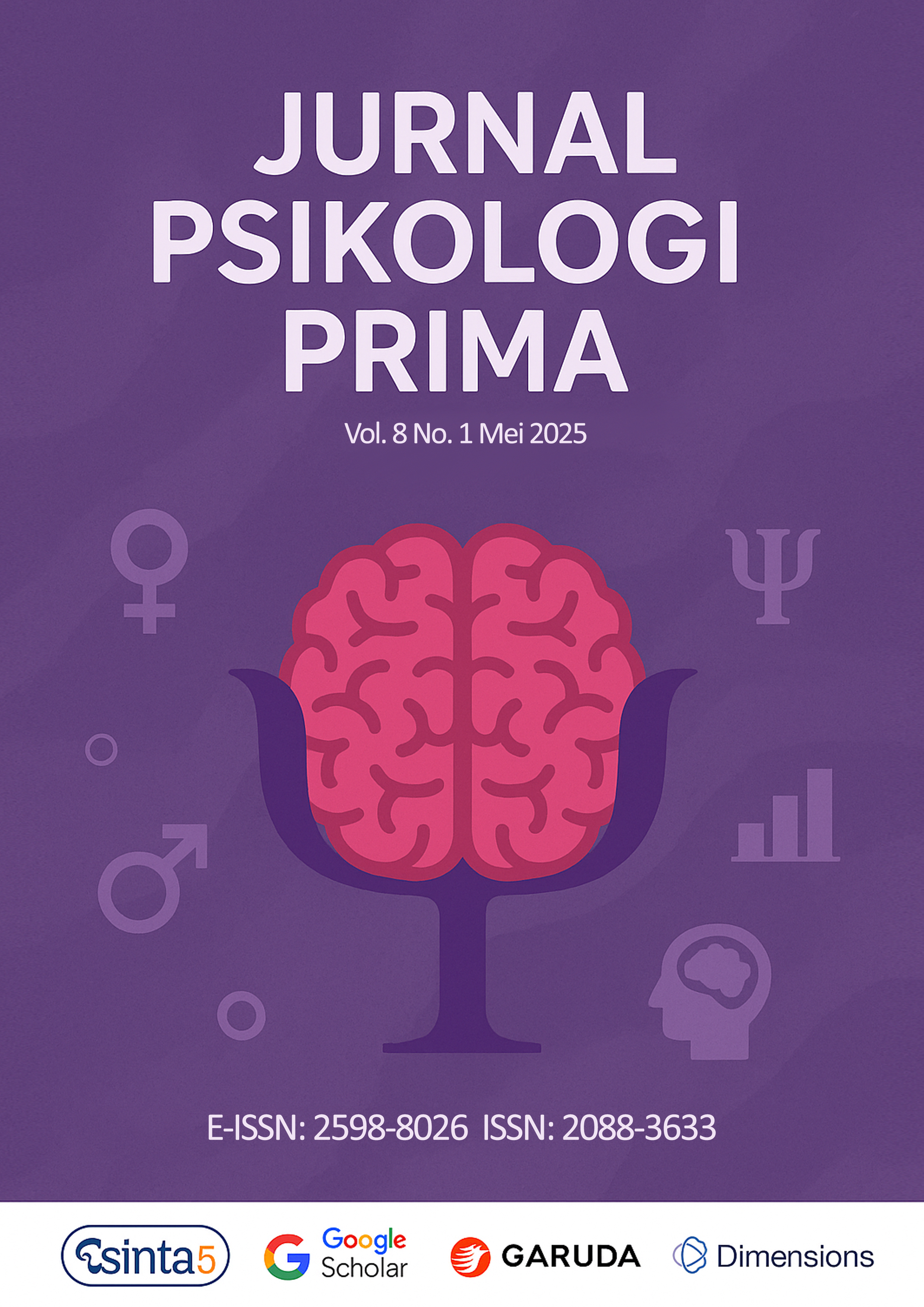Alexithymia and Resilience: Determining Factors of Suicide Tendency Among Generation Z Adolescents
##plugins.themes.academic_pro.article.main##
Abstract
Generation Z, which includes individuals born between 1995 and 2010, grew up amidst the era of digitalization and globalization. This condition allows them to more easily access various types of information, including topics related to suicide. This study aims to identify the relationship between alexithymia and resilience with suicidal tendencies in generation Z. A quantitative correlational approach was used in this study. A quantitative correlational approach was used in this study to analyze the strength and direction of the relationship between several variables. The population studied consisted of generation Z adolescents aged 18 to 23 years who had experienced suicidal thoughts or intentions. A Likert model attitude scale was used to collect data. The results showed a simultaneous relationship of the independent variables alexithymia (X1) and resilience (X2) to suicidal tendencies (Y) resulting in an R-square value of 0.439 with a significance level of 0.000 (p < 0.01), which indicates a positive relationship with a moderate category. While the partial correlation test results show that alexithymia is a positive predictor (t = 9.133) for suicidal tendencies and resilience is a negative predictor (t = -4.317). Based on the results of the analysis in this study, it can be concluded that high levels of alexithymia and low resilience have a positive relationship with increased suicidal tendencies, and vice versa.

